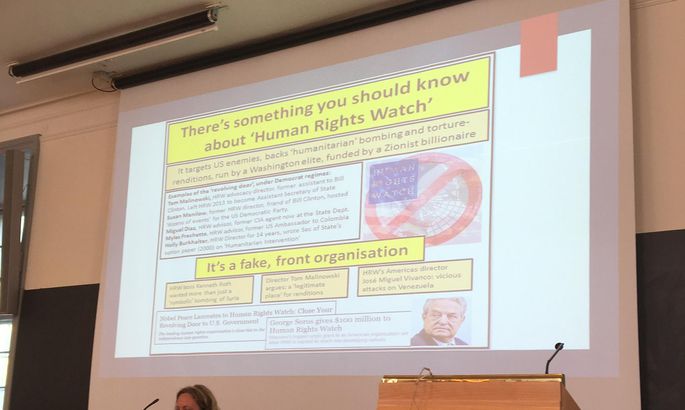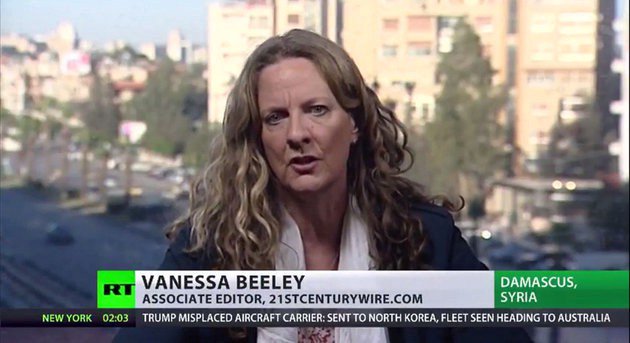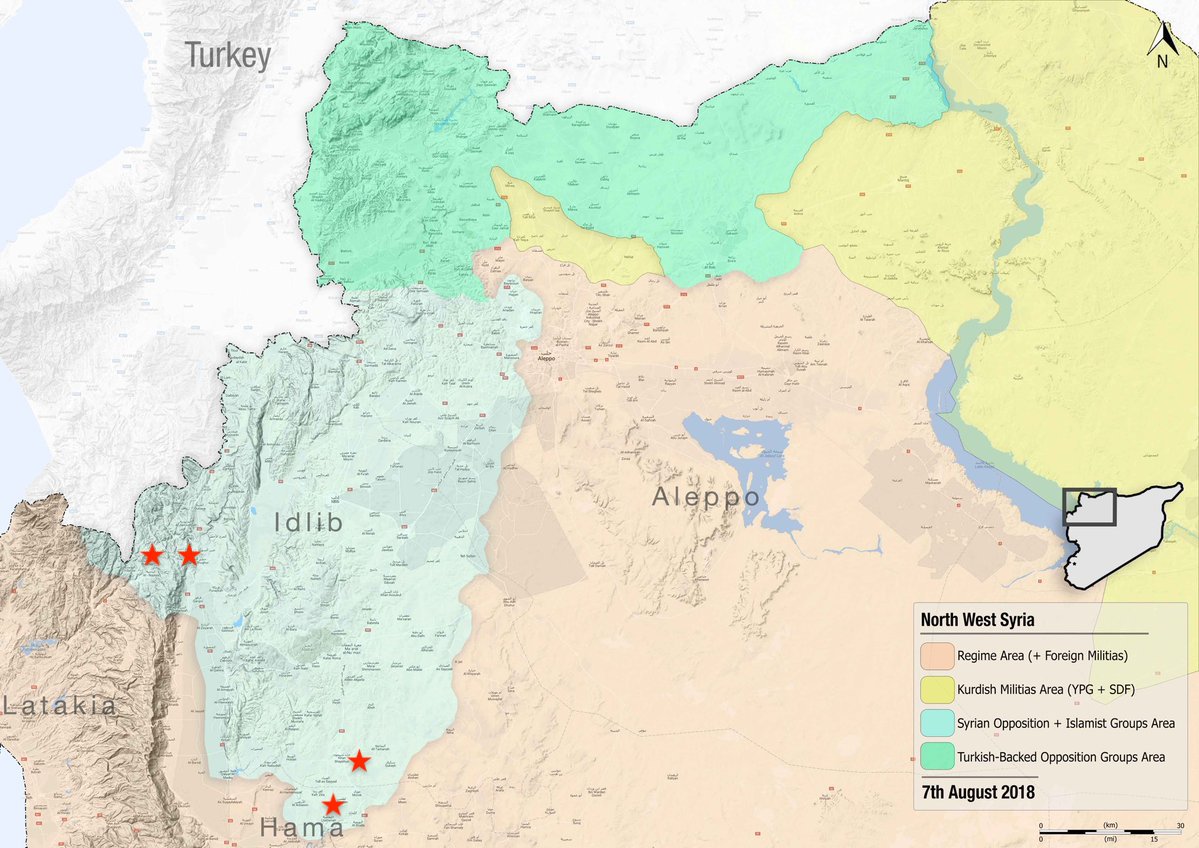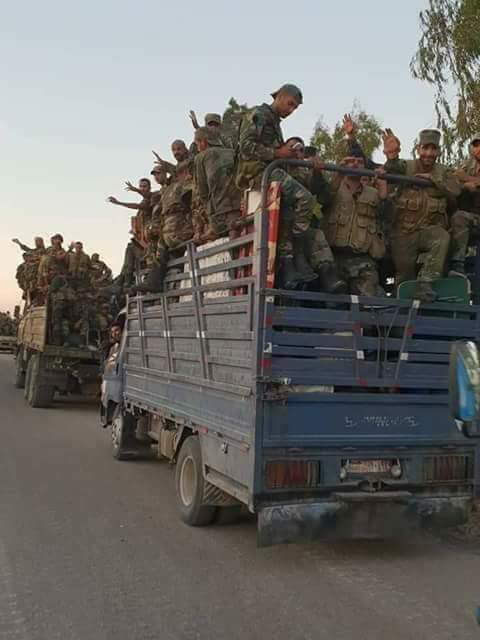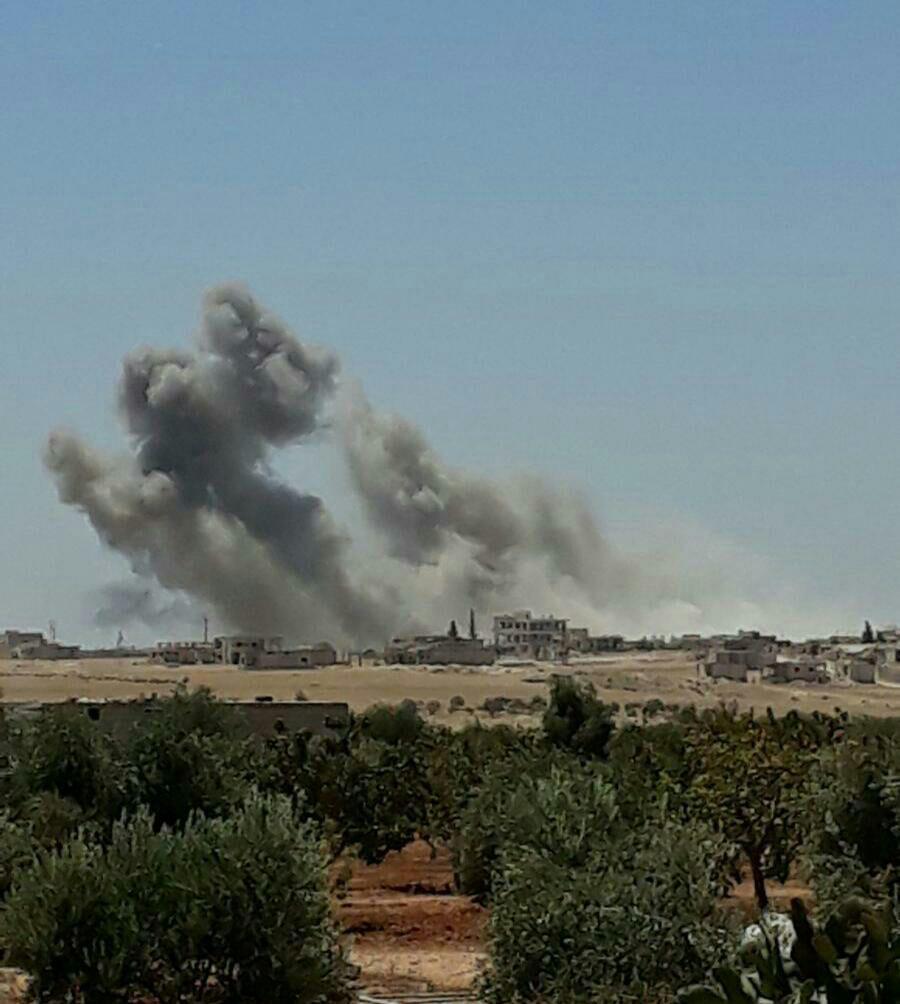2) The government may have overlooked the benefits of undertaking smaller projects as opposed to big projects that spread resources thinly.
4) The government needed to pay more attention to Syria's rural and agricultural areas since a significant portion of the country's population work in farming.

